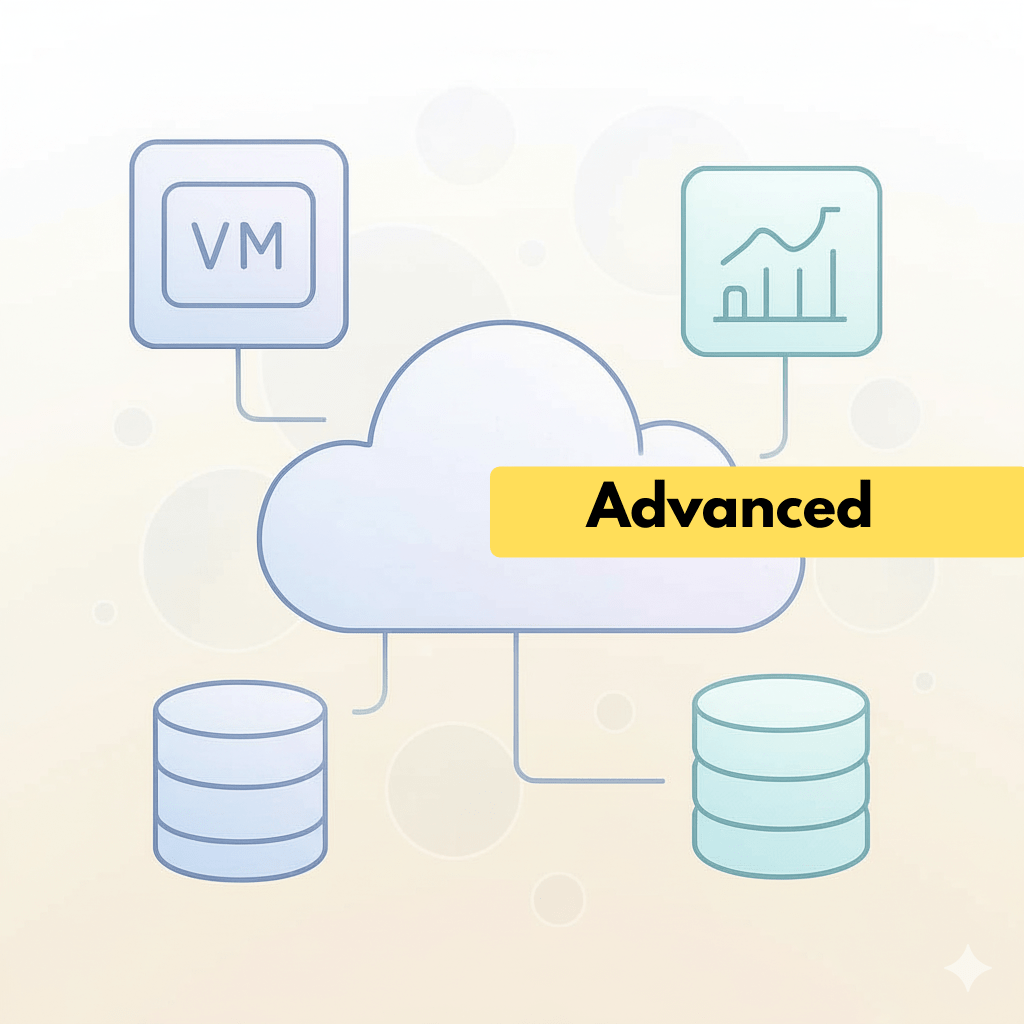Hard GCP Interview Questions and Answers (Advanced 2025 Guide)

Last updated: September 2025
Hard-level GCP interview questions test your deep expertise in cloud architecture, performance optimization, and enterprise-grade deployments. These typically focus on network design, hybrid cloud, security, compliance, scalability, and advanced data engineering.
Hard-Level GCP Interview Questions
1. How do you design a multi-region, highly available architecture on GCP?
Answer: Use global load balancing, multi-region Cloud Storage buckets, multi-zone GKE or instance groups, and Cloud Spanner or Bigtable for replicated data. Implement Cloud CDN for caching and IAM for access control.
Explanation: A multi-region design ensures disaster recovery, fault tolerance, and minimal downtime.
2. What’s the difference between Cloud Spanner and Bigtable, and when do you use each?
Answer:
- Cloud Spanner: Global, horizontally scalable, strongly consistent relational database.
- Bigtable: NoSQL wide-column database for high-throughput workloads like time series and IoT.
Explanation: Use Spanner for relational + scalability, Bigtable for NoSQL with low-latency reads/writes.
3. How do you optimize BigQuery for cost and performance?
Answer: Use partitioned & clustered tables, materialized views, query caching, approximate functions, and avoid SELECT *. Monitor with INFORMATION_SCHEMA views.
Explanation: BigQuery charges per data scanned, so query efficiency directly impacts cost.
4. Explain VPC Service Controls and their use case.
Answer: VPC Service Controls create a security perimeter around GCP services (like BigQuery, Cloud Storage, Pub/Sub). They help prevent data exfiltration by restricting unauthorized access.
Explanation: Critical for organizations with regulatory requirements like HIPAA or PCI DSS.
5. How would you implement a hybrid cloud solution on GCP?
Answer: Use Anthos or GKE Hub for Kubernetes clusters, Cloud Interconnect or VPN for connectivity, and consistent IAM policies. Data can be synchronized with Cloud Storage Transfer Service or BigQuery Omni.
Explanation: Hybrid solutions allow enterprises to use on-prem infrastructure alongside GCP for flexibility.
6. What are the best practices for securing workloads on GCP?
Answer:
- Principle of least privilege with IAM.
- Enable audit logs.
- Use Shielded VMs.
- Encrypt data with Cloud KMS.
- Apply firewall rules and VPC Service Controls.
Explanation: Defense-in-depth security ensures compliance and minimizes risk of breaches.
7. What’s the role of Anthos in enterprise cloud strategy?
Answer: Anthos is a hybrid and multi-cloud platform that extends GKE to on-prem and other clouds, enabling consistent policy, CI/CD, and service mesh across environments.
Explanation: It provides operational consistency across heterogeneous environments.
8. How do you troubleshoot latency issues in a GCP VPC network?
Answer: Use VPC Flow Logs, Cloud Logging, Network Intelligence Center, and packet mirroring. Verify firewall rules, route tables, and latency between zones/regions.
Explanation: Troubleshooting requires both monitoring tools and deep knowledge of GCP’s global networking.
9. Compare GCP’s global load balancers with AWS and Azure equivalents.
Answer: GCP’s load balancers are truly global (single anycast IP, multi-region balancing) whereas AWS and Azure typically use regional load balancers with global add-ons.
Explanation: This makes GCP strong for globally distributed applications.
10. How do you enforce compliance (e.g., HIPAA, GDPR) in GCP projects?
Answer: Use Organization Policies, VPC Service Controls, CMEK for encryption, IAM restrictions, and Cloud Audit Logs. Leverage compliance blueprints from Security Command Center.
Explanation: Compliance in GCP requires both technical controls and organizational governance.
Final Thoughts
Hard-level GCP interview questions focus on real-world challenges at scale: multi-region design, hybrid cloud, Anthos, data security, and BigQuery optimization.
To succeed at this level, you need to demonstrate architectural decision-making, trade-off analysis, and knowledge of enterprise-grade features.
👉 Next, check out:
Want More GCP Interview Questions?
Generate unlimited questions instantly with PrepKraft’s AI powered interview questions generator tool.
About the Author
Subodh Gupta is the founder and author of TechnologyBasics.net. With over 20 years of experience in software development and technology leadership at major organizations, including roles in financial technology, he shares practical guides, tutorials, and reviews on essential software, apps, and tech tools. His insights help everyday users make informed decisions and use technology more effectively.